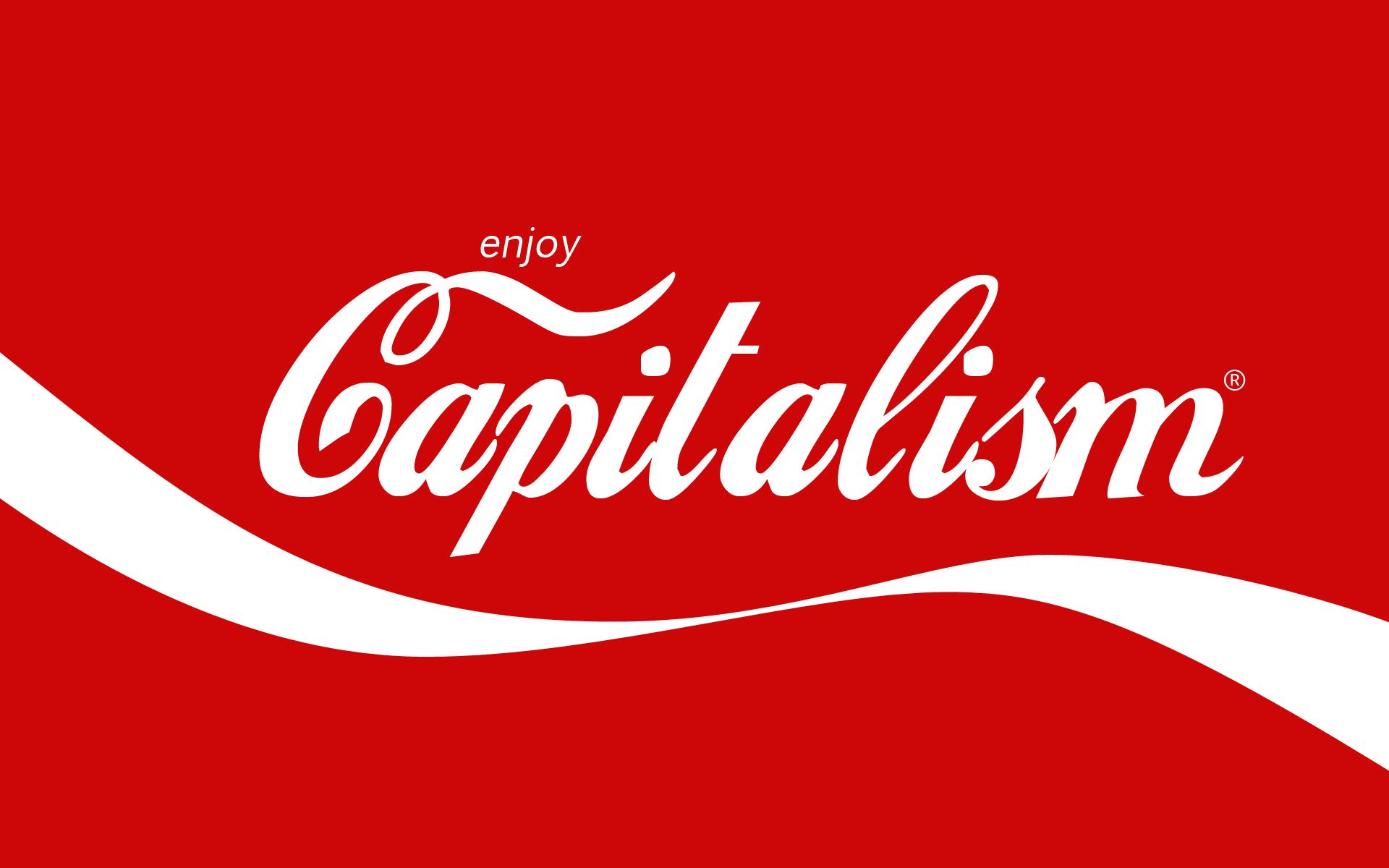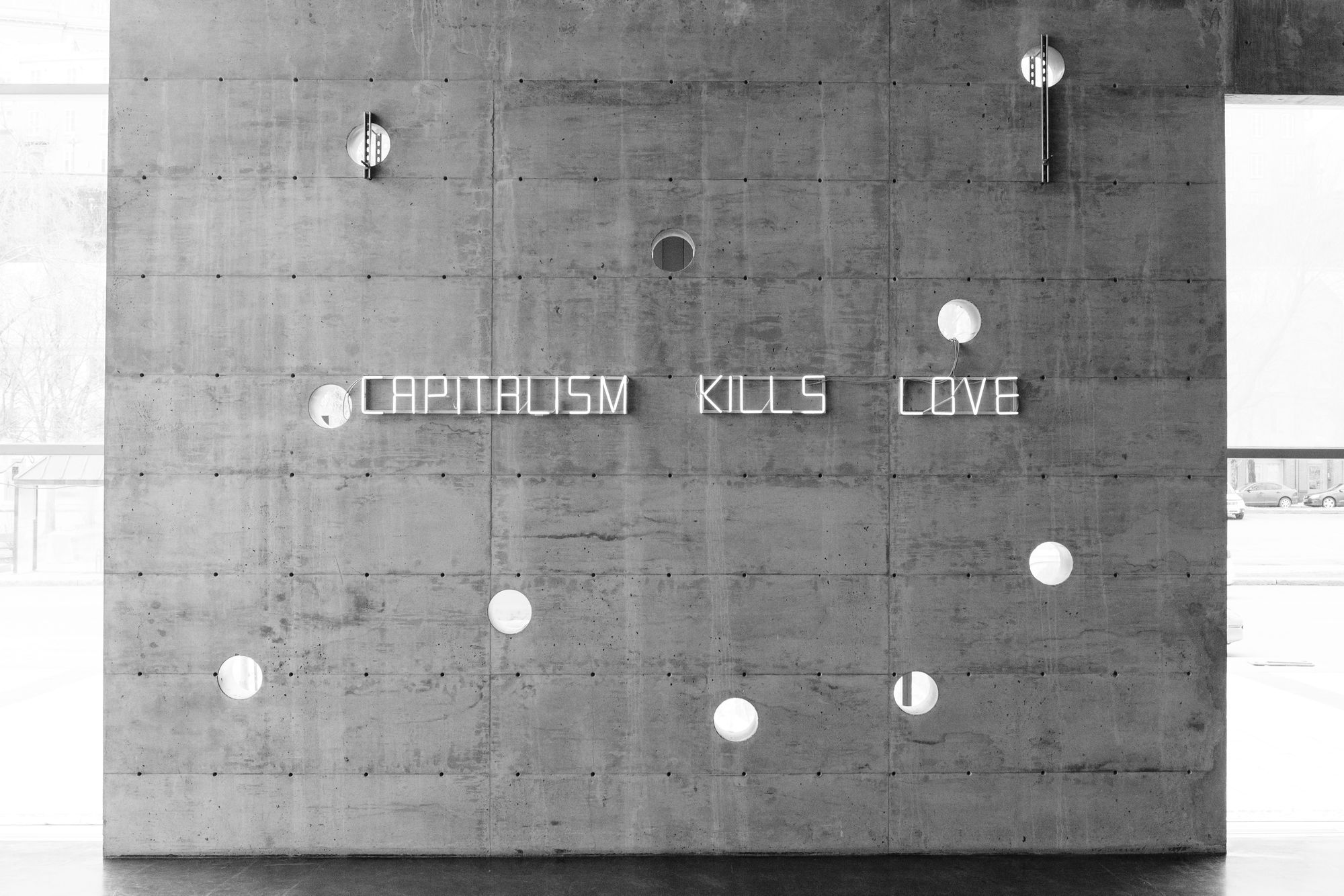Money and Progress
If we were to plot the success of economic models over the course of the past few centuries it would become abundantly apparent that capitalism is the only fiscal system that has worked so far in the real world.

Our Tryst with Capitalism
A TRAGEDY OF THE COMMONS

“That may be the ultimate tragedy of capitalism in our time, that it has achieved its dominance without regard to a social compact, without being connected to any other metric for human progress.”
If we were to plot the success of economic models over the course of the past few centuries it would become abundantly apparent that capitalism is the only fiscal system that has worked so far in the real world. There are several reasons why capitalism has managed to thrive while others have failed and these rationales have been summarized in the following tenets -

Capitalism and Freedom
There is a default notional linkage which exists between capitalism and freedom. Although this association may or may not always be true, the fact that capitalism is reliant on free markets and thus naturally allows market led forces to win, is a sea change compared to other economic systems. It also creates the impression that all actors in the economy are both simultaneously independent and interconnected to each other, thereby promoting associated social concepts such as individualism and democracy.
Capitalism and Universalism
In the world we inhabit today, financial success and security have become universal aspirational goals. And in such a scenario, capitalism has managed to position itself as the de facto methodology to attain these goals. Although this economic model is a fiercely competitive one which breeds systemic fiscal and social inequity at scale, the universality of its application and appeal have created camaraderie, fostered communities and developed entire ecosystems.
Capitalism and Elitism
Capitalism always has and continues to encourage individualism in thought and action as a means for value creation in society. Although it is an unbiased fiscal system, it does take into account historical success thereby providing long-term competitive advantage to the existing elite. Furthermore, it has two unique traits which have strengthened its stranglehold on society. First, capitalism has always readily accommodated social status and position. Second, it provides an incentive and clear mechanism for profiteering and hoarding. These traits have always been favored by the social elite who view it as a closed protective loop.
A CASE OF THE MINIMUM
America has been built on the bedrock of capitalism, and though it has been on the receiving end of several benefits, it has its fair set of challenges to grapple with. Massive inequity is chief among these issues and the most tangible manifestation of it is the minimum wage. The idea itself draws from the fact that a wage floor needs to be defined by government to prevent the exploitation of labor. However, in a scenario of persistent unemployment with downward wage pressure this also becomes the wage ceiling which is always well below the living wage for that region.
Several eminent economists and industrialists have, over the years, proposed a variety of solutions to tackle the deficiencies of capitalism and the growing discontent in the masses. Most recently Warren Buffett had suggested that the “careful expansion” of the Earned Income Tax Credit scheme could be the remedy. However, I find this solution protectionist at best and especially regressive when he uses his foresight to demolish the government’s silver bullet - education. In the age of neo-capitalism all markets are naturally biased to future skillsets since they will produce the most economic value. This automatically skews the entire system for the benefit of the 1% and proves ineffective in rebalancing social contributions, risks and rewards.

Although I am a capitalist too, I feel any genuine attempt to eradicate systemic economic inequality would need to be based on the following multi-pronged approach:
1. Offer perpetual tax breaks for the low-income class until a sustained exit defined in terms of time and income stability occurs.
2. Increase the minimum wage to reflect the local living wage.
3. Institutionalize the right to food and water and then secure its availability via anti-food waste laws.
4. Expand the scope and long-term availability of public housing programs through the usage of existing alternative public infrastructure.
5. Migrate from the living wage model to a universal basic income scheme with a sliding scale favoring those in distress and the low-income bracket.
I sincerely believe a combination of these measures along with a kinder fiscal policy would lift many people out of poverty but I fear there is a definitive lack of will in the polity to usher in these necessary changes.

A SYSTEM OF BROKEN PROMISES
It is essential that we acknowledge and accept the fact that capitalism will never self correct because humanity clearly lacks the motivation to do so in the absence of a monetary incentive. Furthermore, as an economic system capitalism has nothing to gain from human progress since it was originally conceived to concentrate and assimilate all economic resources.
It is also widely accepted that trickle-down economics, once considered a counterweight to capitalism, is actually a failed socio-economic experiment. However, it has been allowed to continue because of the following reasons:
1. Habit: Governmental economic policies built on subsidies and tax breaks for the privileged have been internalized and socially institutionalized to such a degree that it would be difficult to remove them.
2. Reversal Shock: Keynesianism as the new macro economic policy would be viewed as a marked departure, if not a dramatic u-turn, and thus would cause massive political damage.
3. Force: The existing market forces not only perpetuate socio-economic inequity but strengthen the disparity to a point where the top 1% are content with dealing just amongst themselves because they’ve already concentrated the vast majority of wealth into a tightly knit social class.

The achilles’ heel of capitalism has always been its inability to deal with economic mobility because that particular phenomenon is predicated on social progress being fueled by the massive dilution and redistribution of wealth. It is in this context I believe that the only true measure of economic mobility is the ability of an individual to purchase real estate, specifically the percentage of first-time home owners, since it’s historically been an asset class that was exclusively made available to the social elite.
I think only if we tackle economic inequality can we try to resolve a more beautiful question - How do we accelerate economic mobility at scale?